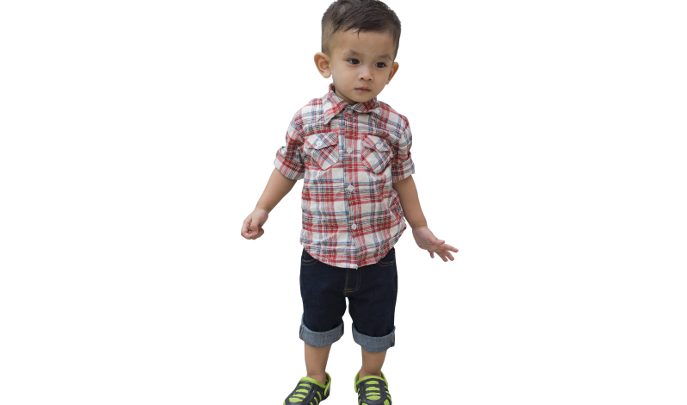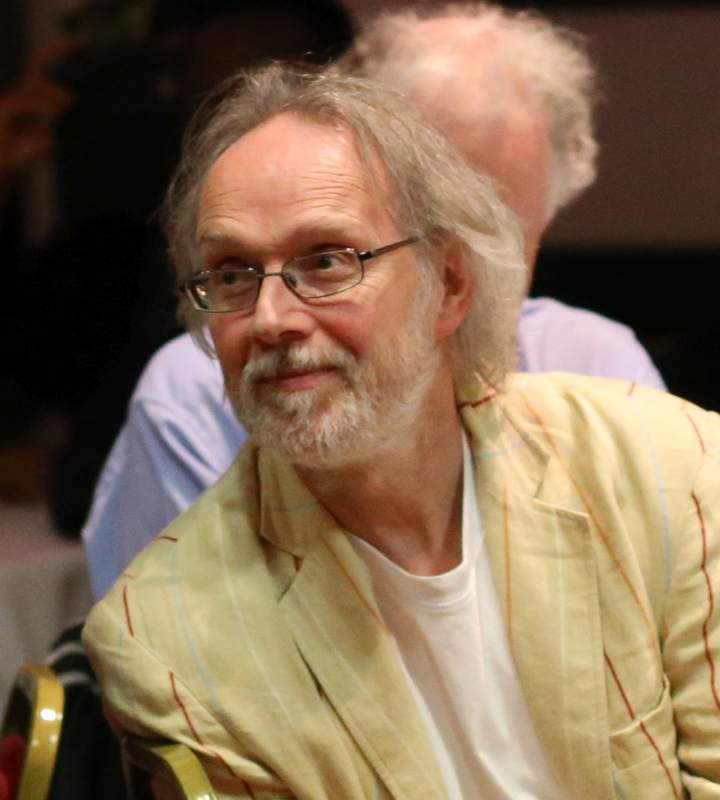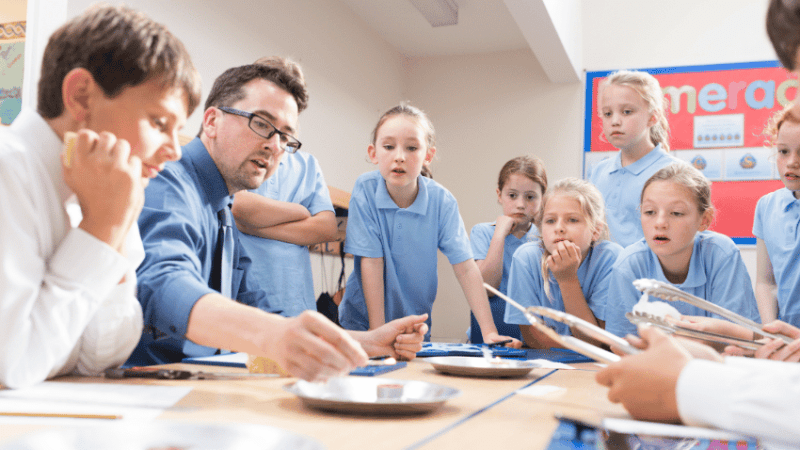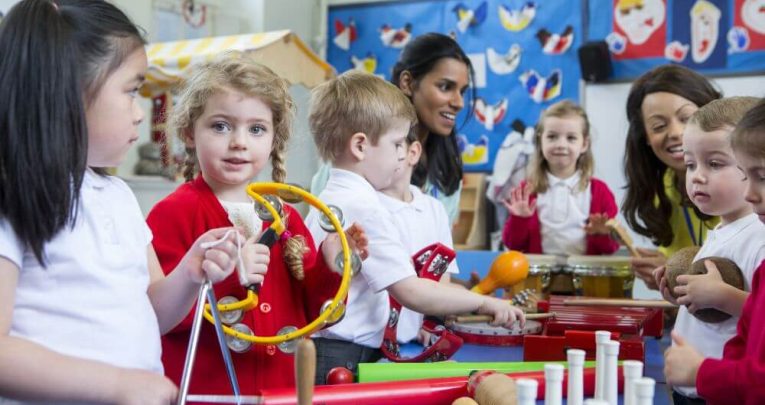“People Are Looking For Something Better For Their Children”

Richard House speaks to Wendy Ellyatt of the Save Childhood Movement about the increasing pressures facing the UK’s children, and how to bring about positive change

Richard House [RH]: Wendy, we’ve been campaigning EY colleagues for some years, first with ‘Open EYE’ and then your own Save Childhood Movement. Could you summarise the core concerns fuelling these campaigning movements around modern childhood?
Wendy Ellyatt [WE]: Thanks, Richard. Children today are subject to a range of cultural pressures that were unknown to previous generations, which is having a profound impact on their health and wellbeing. We know that in the UK family life has changed radically, with most mothers working and ever-more children experiencing parental separation. Families commonly no longer regularly eat together, wide extended local communities are increasingly rare and parents have become more and more isolated, with fewer support systems and more reliance on the state.
Children live in a rapidly advancing digital world; they’re much less trusted and more controlled; they have fewer freedoms and less access to nature; and they’re highly vulnerable to commercialisation and sexualisation. The quality and depth of their early learning, rather than being seen as a vital autonomous stage, intrinsically connected to family and community, is now increasingly valued primarily as a preparation for later schooling.
So much has changed for young children in a short time, and we’re seeing the warning signs of a huge price being paid in terms of their physical and emotional wellbeing.
RH: That’s quite a litany, Wendy, and potentially a cause for despair. Before we get on to some hopeful ‘counter-offensive’ initiatives, can you say more about early childhood being annexed to a school-preparation agenda: is there any pedagogical rationale here, or is this essentially cultural expediency due to family life being increasingly distorted by ‘the needs of the economy’?
WE: Rather than despair, this should be seen more as an opportunity to look at the reality of children’s lives and how we can change any systems not currently serving their natural growth and wellbeing. Despite good intentions, high levels of EY investment unfortunately haven’t been balanced with appropriate policy-making; instead, we’ve seen a number of politically motivated policies that were clearly not in children’s best interests.
England maintains an extremely early school starting-age, going against international best practice and lacking any clear developmental rationale or evidence base. Countries that do well on indices of child wellbeing have invariably invested heavily in family life and early relationships.
To prioritise maternal employment and take increasing numbers of children into childcare settings without any guarantee of quality, is at best dangerous, and at worst negligent. To then expose the same children to pressures that damage their natural love of learning for the sake of school accountability goes against everything that high-quality education systems aspire to, and compromises the core principles stated in the United National Convention on the Rights of the Child (UNCRC).
RH: Thanks, Wendy – very clear and convincing. Perhaps we could end with you describing some of the ways in which your Save Childhood Movement is attempting to counter these cultural trends.
WE: The movement is interested in how best we can protect children’s rights and bring people together to establish real and replicable solutions. Our three core activities are ‘Collaboration, Awareness Raising and Championing Childhood’, and we’re currently working on a range of activities in each area. These include the further development of National Children’s Day UK (NCDUK), the 2017 International Festival of Childhood, our campaigning activities combatting developmentally inappropriate policy-making, and the creation of a new membership site and online magazine, both hopefully launching later this year.
With all the chaos and unhappiness in the world, people are looking for something better for their children, and by coming together we can start shaping new forms of learning and create more meaningful and connected communities. We believe that, as citizens, young children have the human right to have their natural development and love of learning protected, and we’re committed to working with others to bring this about.
Wendy Ellyatt is the founder and chief executive of the Save Childhood Movement
Richard House is an early years campaigner.







